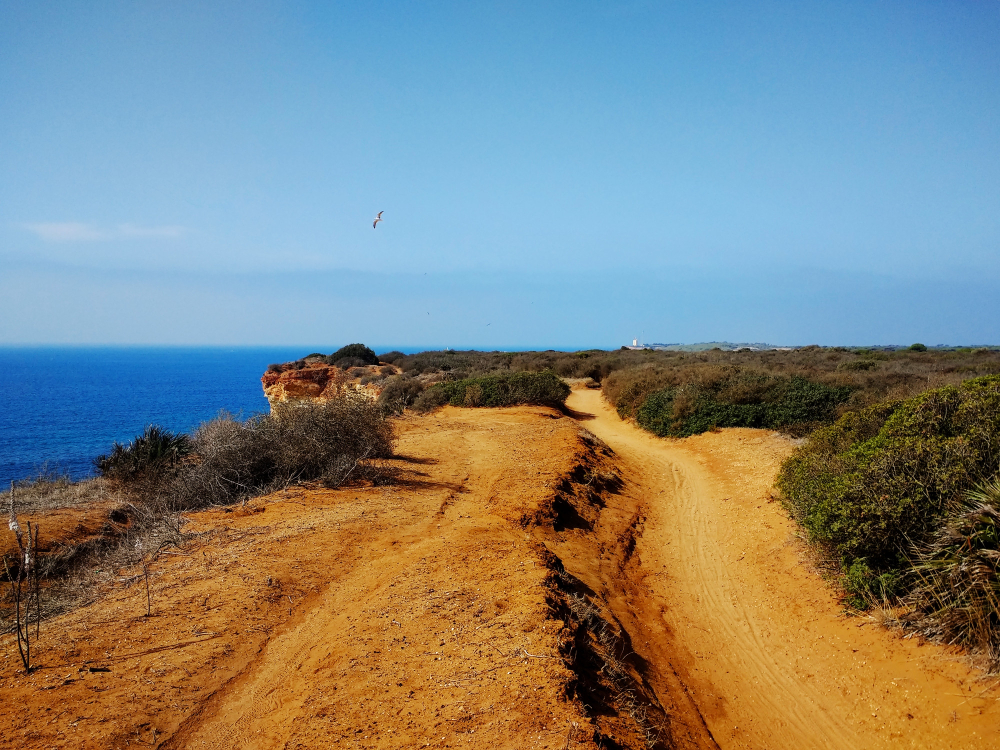The Age of Exploration, spanning the 15th to 17th centuries, marked an era of unprecedented maritime voyages and discoveries that reshaped the course of human history. At the forefront of this epoch was Portugal, whose intrepid explorers ventured into uncharted waters in search of new trade routes, riches, and opportunities. Among Portugal’s many expeditions, one of its primary goals was to explore the West Coast of Africa, a mission driven by ambition, curiosity, and the desire for economic dominance.
Expanding Trade Horizons
One of Portugal’s main goals in exploring the West Coast of Africa was to expand its trade horizons and establish lucrative trade routes with the rich and exotic lands of the East. At the time, European powers sought to bypass the overland Silk Road trade route, controlled by the Ottoman Empire, and find a sea route to Asia to access valuable spices, silk, and other luxury goods. By charting a course along the West African coast, Portugal aimed to find a maritime route to the riches of the East, bypassing traditional trade routes and securing its position as a dominant player in the global economy.
Securing Strategic Outposts
In addition to trade expansion, Portugal sought to secure strategic outposts along the West African coast to facilitate its maritime ventures and safeguard its interests in the region. Portuguese explorers established fortified trading posts, known as feitorias, at key locations along the coast, including present-day Senegal, Gambia, Guinea-Bissau, and Angola. These outposts served as centers of trade, diplomacy, and military operations, enabling Portugal to control valuable resources, extract tribute from local rulers, and project its power across the Atlantic Ocean.
Spreading Christianity and Influence
Another significant goal of Portugal’s exploration of the West Coast of Africa was to spread Christianity and extend its influence to new territories. Portuguese explorers, missionaries, and traders embarked on voyages of evangelization, seeking to convert indigenous peoples to Christianity and establish churches, missions, and schools in newly discovered lands. The spread of Christianity served not only as a religious mission but also as a means of asserting Portuguese cultural and political dominance in the region, paving the way for colonization and empire-building in Africa and beyond.
Seeking Prestige and Glory
Beyond economic and strategic motives, Portugal’s exploration of the West Coast of Africa was driven by a quest for prestige, glory, and national pride. The Age of Exploration was a time of intense competition among European powers, each vying for supremacy in the race to discover new lands, conquer new territories, and claim new riches. By charting unexplored waters, navigating treacherous seas, and overcoming formidable challenges, Portuguese explorers sought to carve out a legacy of exploration and adventure that would immortalize their names in the annals of history.
Encountering New Peoples and Cultures
One of the enduring legacies of Portugal’s exploration of the West Coast of Africa was the encounter with new peoples, cultures, and civilizations. Portuguese explorers and traders interacted with a diverse array of indigenous tribes, kingdoms, and empires along the African coast, exchanging goods, ideas, and technologies. These encounters sparked cultural exchange, trade networks, and diplomatic relations between Europe and Africa, shaping the course of history and laying the foundation for future interactions and exchanges between continents.
Charting New Horizons
In conclusion, Portugal’s exploration of the West Coast of Africa was driven by a multitude of goals, ranging from economic expansion and strategic dominance to religious evangelization and national pride. Through their daring voyages and navigational prowess, Portuguese explorers left an indelible mark on the map of Africa and the world, opening up new trade routes, spreading Christianity, and paving the way for European colonization of the continent. While the motives behind Portugal’s exploration may have been diverse and complex, the legacy of these expeditions continues to shape our understanding of history and the interconnectedness of nations and cultures across the globe.
